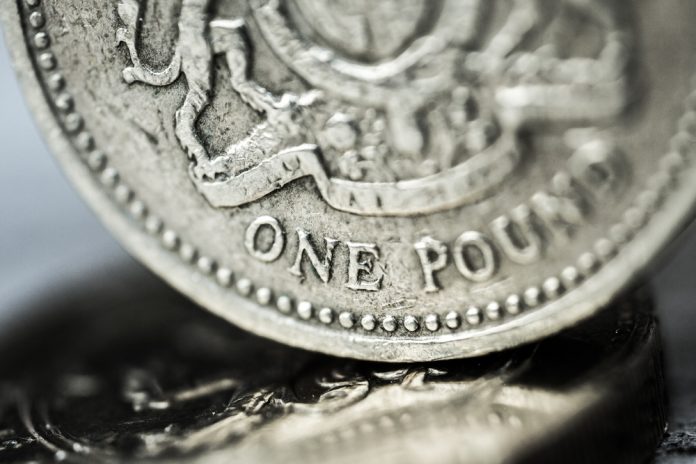The UK economic estimate has been revised by the Office for National Statistics (ONS), after a slower-than-expected start to the year for the British economy.
According to the ONS, economic growth lessened to 0.2 percent missing original estimates of 0.3 percent. This was attributed to a decline in “in consumer-focused industries, such as retail sales and accommodation”.
Ian Stewart, chief economist at Deloitte, pointed to the rising costs of living as having a negative impact on the economy:
“Just as expected, higher inflation is squeezing incomes and spending. High inflation is hitting consumers, but a weak pound and a recovering global economy are helping businesses.
“UK growth is likely to tilt away from the consumer towards exports, manufacturing and investment this year. This should keep the UK economy growing at a similar rate to last year,” he added.
Moreover, the figures revealed slow growth across construction and manufacturing sectors, which was partially offset by strong performance in business services & finance. One of the major concerns with regards to ongoing Brexit negotiations, is other the future of the city of London and whether it can preserve its status as a global financial hub and a key driver of UK growth.
Ultimately, higher inflation levels and rising prices have dented economic growth in recent months, as the U.K struggles to compete with other European nations. Notably, the latest figures reveal that the U.K is now lagging behind France, Germany and Spain in terms of growth.
Similarly, Italy and America economic growth proved equally disappointing for the first quarter of 2017, growing by a modest 0.2 percent.
Conversely, France accelerated by 0.3 percent, whilst Japan hit levels of 0.5 percent across the same period. Germany’s growth remained consistently strong at 0.6 percent, but Spain proved the most buoyant economy over the quarter, with GDP surging by 0.8 percent.
Prime Minister May has highlighted that should she win the election, fundamental to her economic policy is to foster British industry and to in turn invest in the development of science and technology throughout the U.K.

